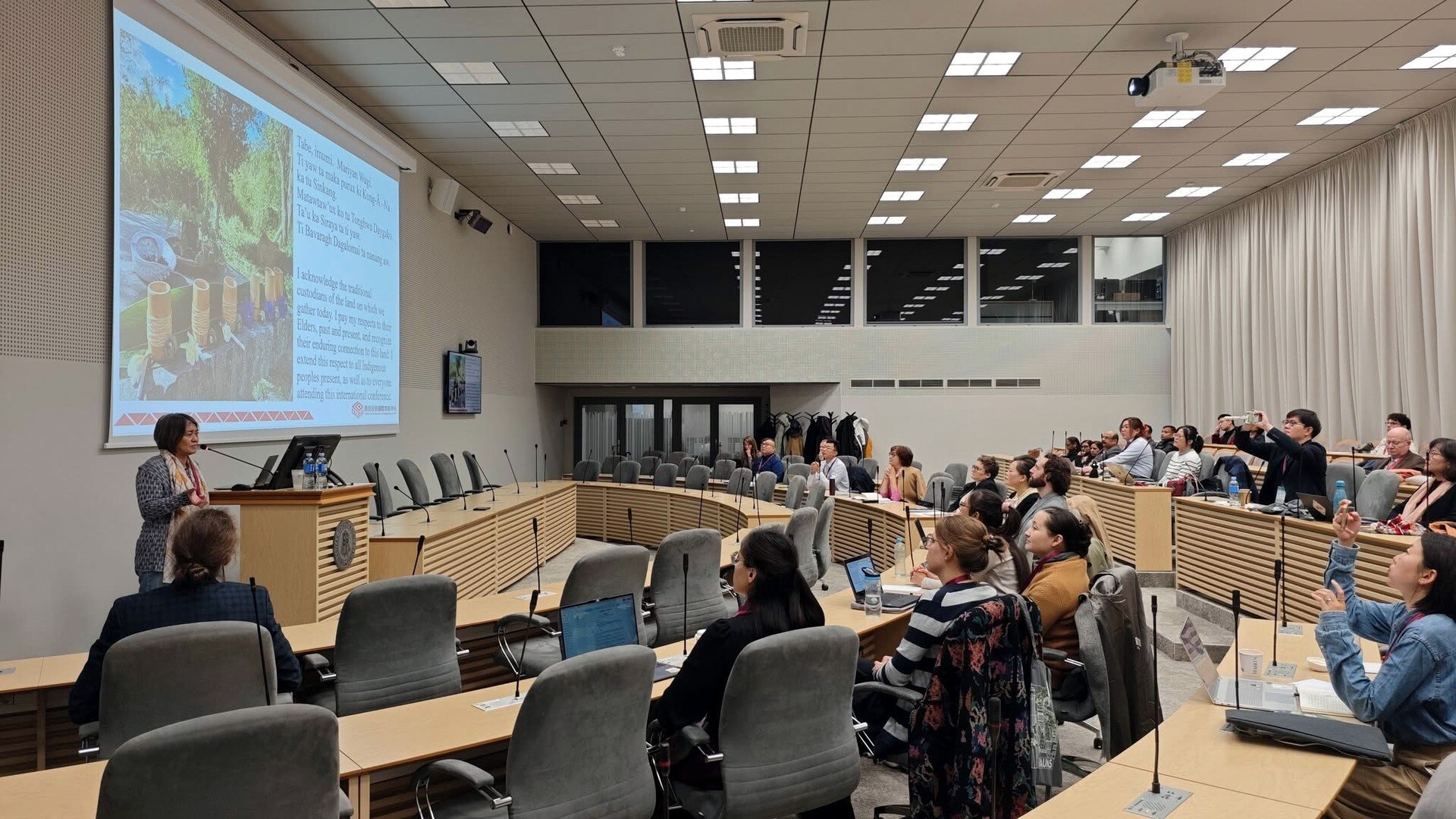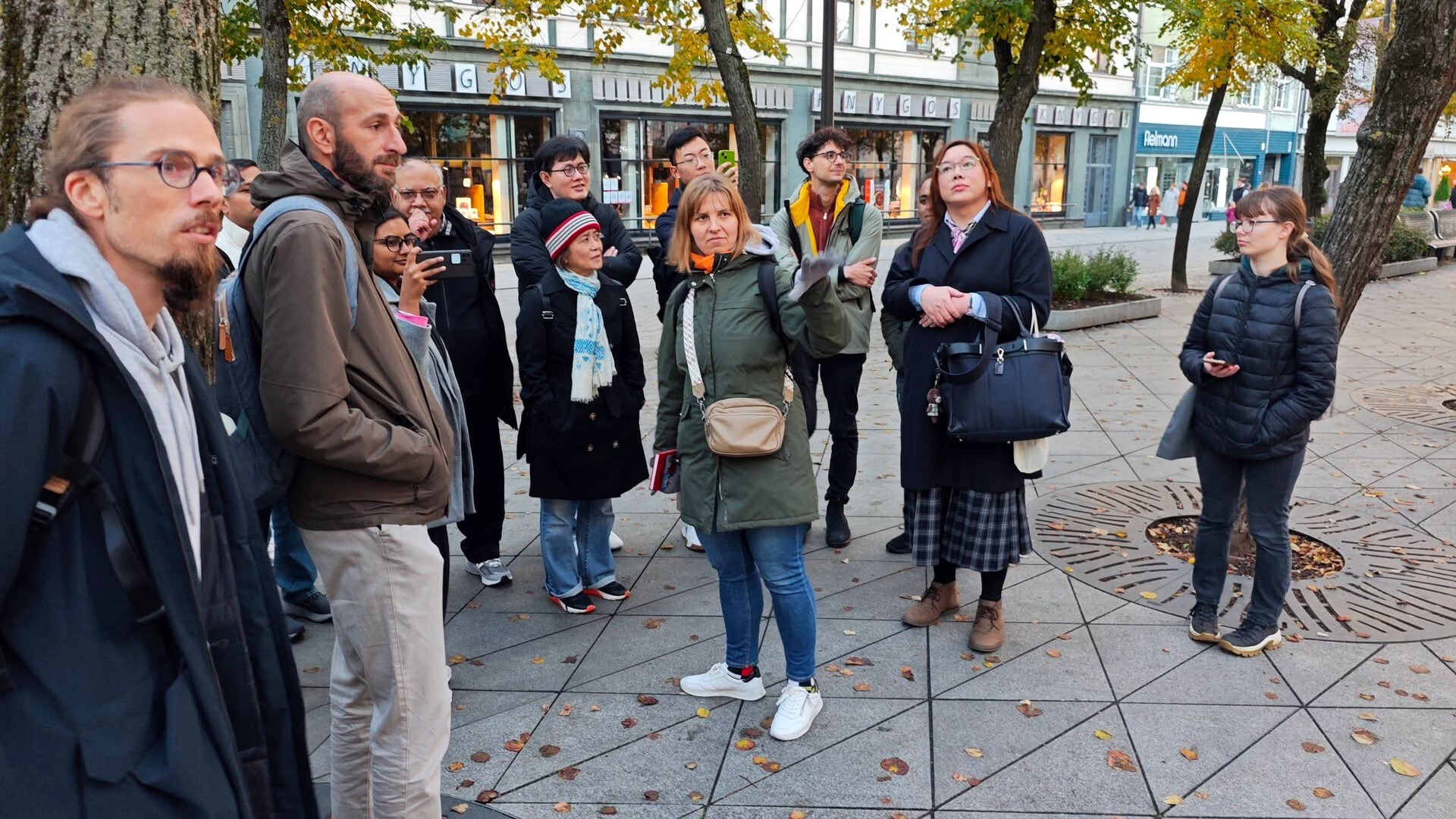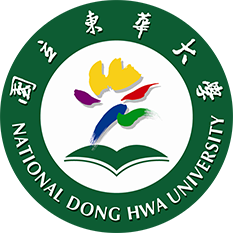NDHU Professor Invited to Deliver Keynote in Lithuania, Deepening Taiwan-Lithuania Cultural, Language, and Civil Exchanges
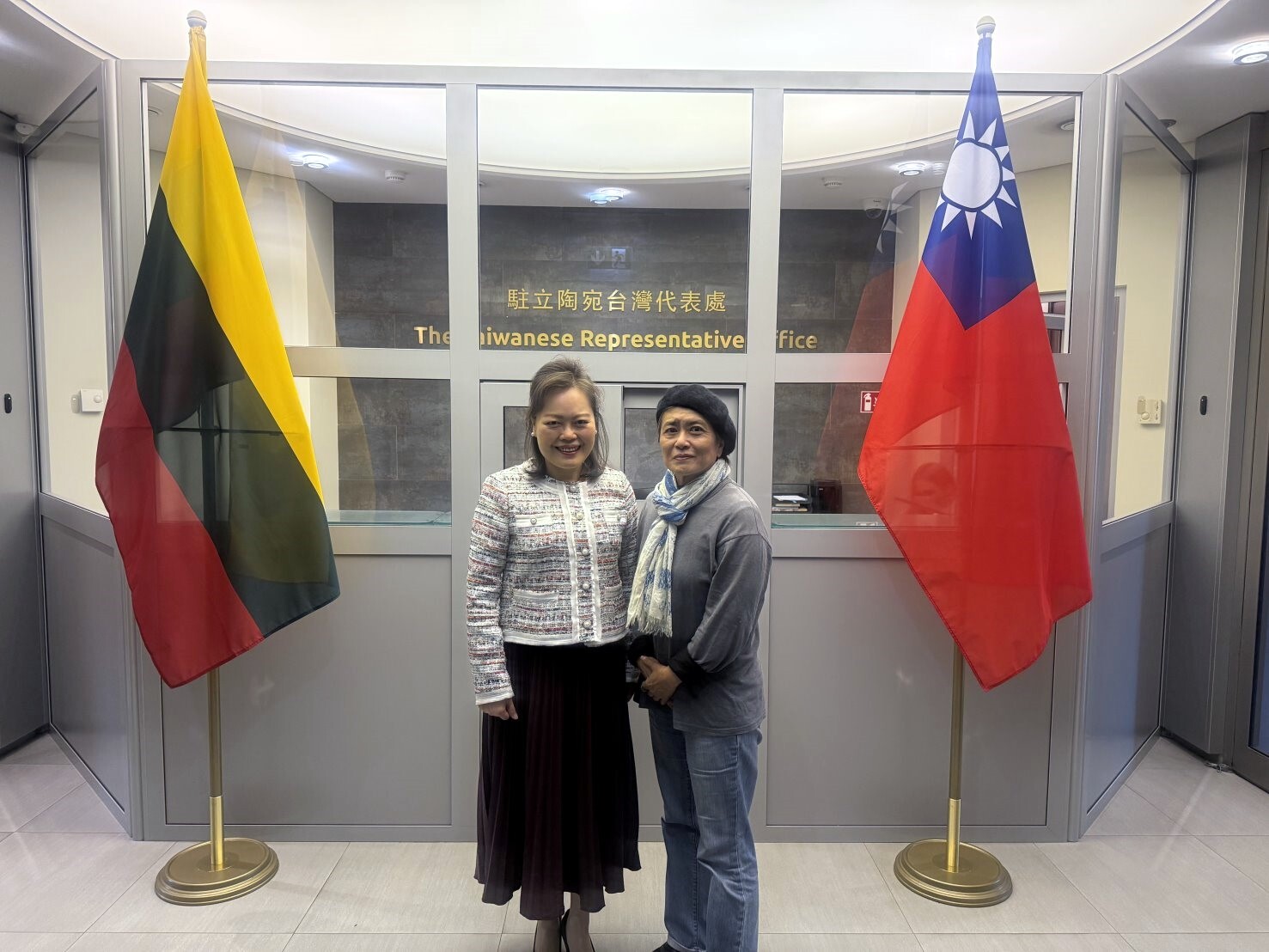
Professor Jolan Hsieh(Bavaragh Dagalomai謝若蘭), Director of the Center for International Indigenous Affairs at the National Dong Hwa University(NDHU)in Taiwan, was recently invited to Kaunas, Lithuania to participate in the international conference "Resilient Memories in East Asia: Remembrance, Acknowledgment, Reconciliation", organized by the Asia Studies Center of Vytautas Magnus University(VMU). As an invited keynote speaker, Professor Hsieh delivered a talk titled "Weaving Resilient Futures: Indigenous and Gendered Memories in Taiwan's Quest for National Identity and Reconciliation", contributing to deeper historical, cultural, and humanistic connection between Taiwan and Lithuania.
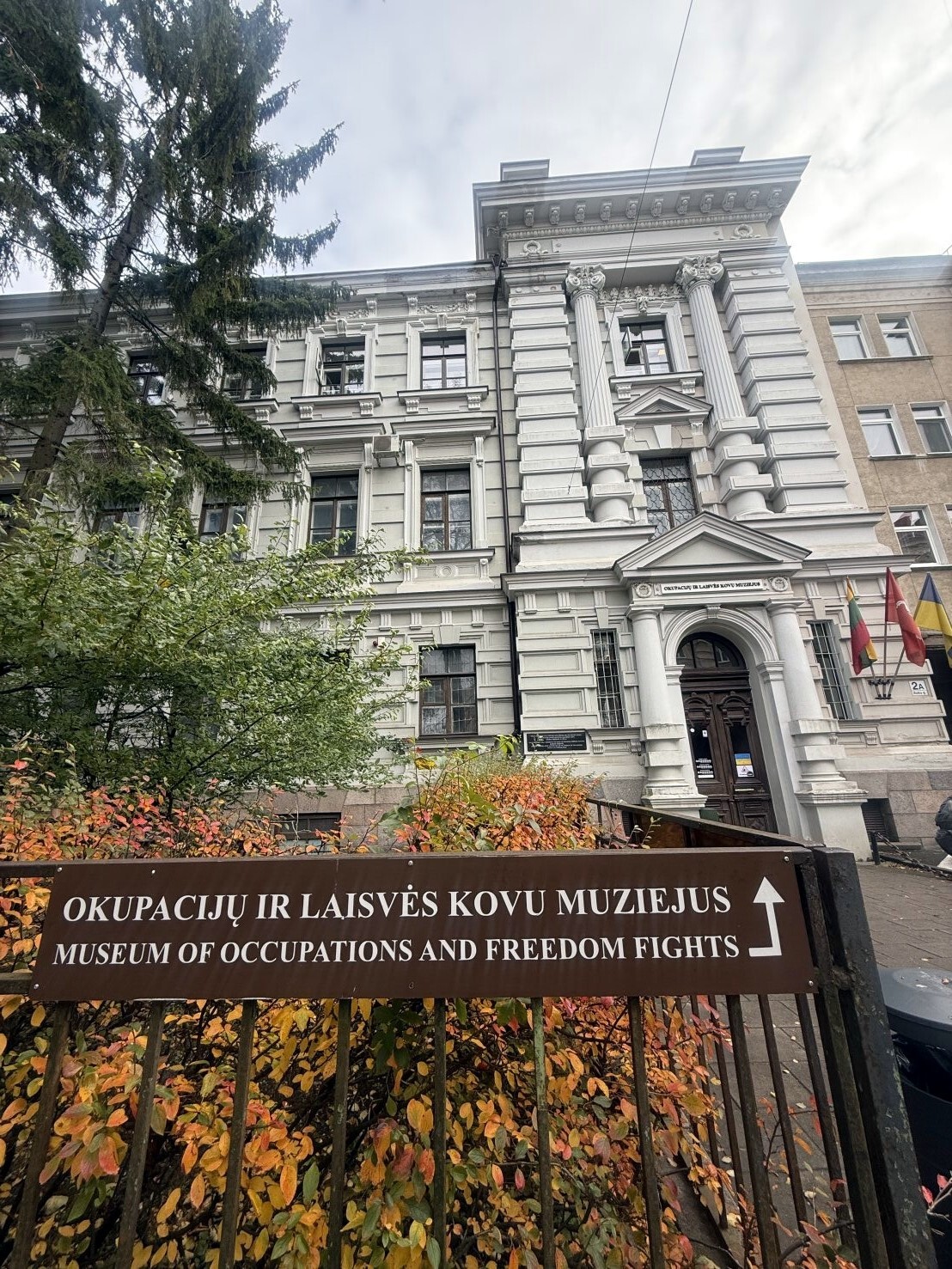
In her presentation, Professor Hsieh began by comparing the shared experiences of cultural suppression and foreign domination in Taiwan and Lithuania. Despite being geographically distant, she asserted, both societies achieved resilience through unyielding cultural awareness and language assertion. She emphasized that Taiwan's movement toward ethnic mainstreaming and conscious identity must not be seen only as an Indigenous movement, but as a societal imperative. From the vantage point of an Indigenous woman, Hsieh analyzed the critical importance of self-awareness and mainstreaming in ethnic identity politics. She drew parallels between Lithuania's revival of its national language and culture and Taiwan's efforts to revitalize local languages, promote multicultural education, and pursue gender and ethnic equality. These resonances, she suggested, transcend geographical distance and forge spiritual solidarity.
As a leading scholar in Taiwan's Indigenous international affairs and cultural diplomacy, Professor Hsieh underscored during her talk that a nation's policies on ethnic identity, culture, and language are essential bridges for understanding history, unifying communities, and cultivating international friendships. She expressed hope that through education, youth exchange, and cultural collaborations, Taiwan and Lithuania may deepen mutual understanding and cooperation-together weaving a future of diversity, inclusion, and democratic resilience.
During her stay, Professor Hsieh also met with representatives of several Lithuanian universities to discuss signing memoranda of understanding(MOUs), facilitating student and faculty exchange programs, and building research partnerships-laying groundwork for future academic collaboration. Additionally, she visited the Taiwanese Representative Office in Lithuania and was warmly received by Ambassador Constance Wang. During the conference, Ambassador Wang expressed her deep appreciation for the enduring friendship between Taiwan and Lithuania and attentively listened to the keynote speech. Prior to the event, she hosted a dinner for the participating scholars from Taiwan, highlighting Taiwan's commitment to promoting democracy and multiculturalism through cultural and academic exchange on the international stage.
Throughout the trip, Professor Hsieh also toured multiple museums and cultural institutions in Lithuania, immersing herself in their practices of language preservation, national memory restoration, and cultural revitalization. She engaged in dialogue with museum curators and institutional staff to explore future directions for cultural and academic collaboration. This visit not only bolsters scholarly and cultural dialogue between Taiwan and Lithuania, but also showcases Taiwan's power of international friendship rooted in culture and civil exchange.
